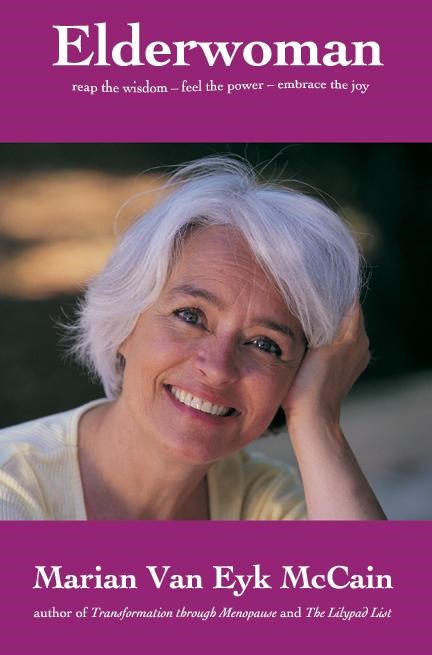This Side of Paradise, Scott Fitzgerald.
American dreams in the mists of time Our hero is Amory Blaine: handsome yet uncertain, desperate to explore life to the full. His life blossoms at Princeton: he loves the beauty of the place, the camaraderie, the magic of staying out all night, singing with “dreaming towers.” But the book plunges on beyond the dream. … Read more



